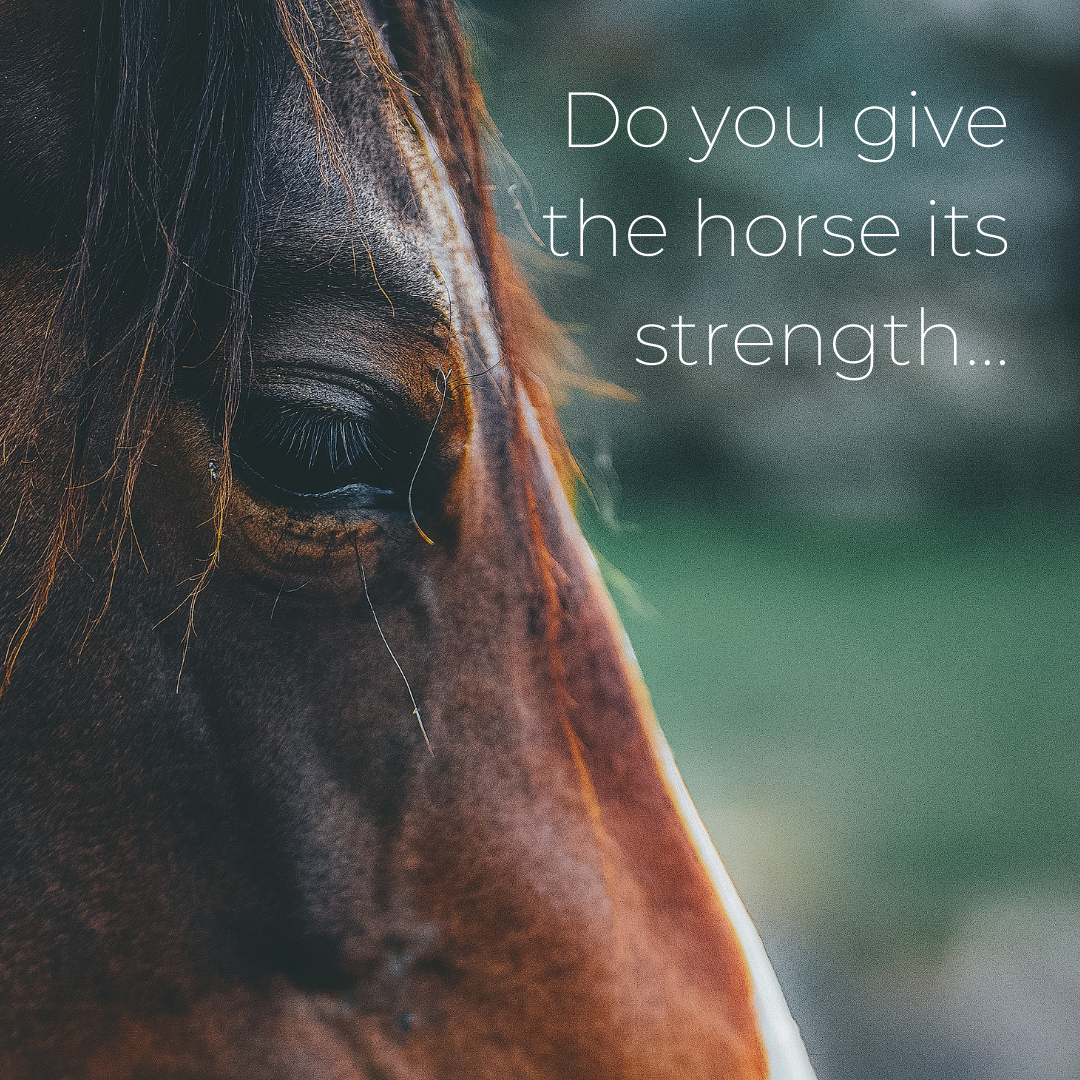
Do you give the horse its strength or clothe its neck with a flowing mane? (Job 39:19)
I'm sure there are others, but Angus Fletcher is the only person I've ever heard of who holds advanced degrees in both neuroscience and literature. And he utilizes both deftly in his 2021 book, Wonderworks: The Most Powerful Inventions in the History of Literature. Fletcher has taught at Stanford, worked with Disney/Pixar moviemakers, and now heads a think tank at Ohio State University which sorts out why particular stories affect us in the ways they do. In his book, he suggests that authors like Homer, Aesop, Dante, Shakespeare, Shelley, Austen, and Joyce were as much inventors as they were writers, deploying new "literary technologies" to generate an array of emotions that we need to feel if we are to flourish as human beings. With innovations like irony, metaphor, rhyme, and inner dialogue, these authors and others are able to reliably conjure up feelings like consolation, gratitude, serenity, resilience, and joy—emotions that help us crack the code on love, loss, failure, and doubt, and find the courage needed to pursue joy, hope, and lasting purpose in our lives.
One such literary innovation Fletcher cites traces all the way back to the story of Job. He points out that a rudimentary Job-like narrative had bounced around the Dead Sea Valley for centuries—the story of a good man who had lost everything yet held unswervingly to his faith, then received back all he'd lost. However, around 550 B.C. as the Babylonian exile ended, a Hebrew poet gave the story a rewrite. While the original version was designed to, as Fletcher puts it, "strengthen our neural commitment to justice" with the righteous man uplifted and our notions of fairness reinforced, this Jewish poet understood something new was needed to make sense of what had happened to his people. Something more nuanced and complex. So in 1,000 new lines, he enlarged the story, one might say, to account for the actual experience of human life.
In the new version, Job, though still righteous, is more honest with God. "I cry unto Thee, O God," he says, "and thou dost not hear me: I stand up and thou regardest me not." (Job 30:2) In response, God rebukes him, pointing out the vast difference between their stations in the universe: "Hast thou an arm like God? Or canst thou thunder with a voice like him?" (Job 40:9) In this exchange, while part of us recognizes Job is on shaky ground questioning God, we nevertheless identify with him. This feeling is reinforced when Job apologizes: "I abhor myself and repent in dust and ashes." (Job 42:6) This is all something new in literature, "an astounding neural leap," Fletcher calls it. Being placed sympathetically "inside the perpetrator's head," he asserts, produces something new and beautiful in literature—something that advanced our humanity—something we now call empathy.
When I consider how Job's story expands our souls like this, the remarkable life of Ruth Ann Brown comes to mind also. Ruth Ann dealt with multiple sclerosis for over thirty years, and I can't read Job anymore without thinking of her. Preparing for her memorial service last year, her husband Bill told me she loved the Disney movie Secretariat, the story of Penny Chenery, the owner of the underdog horse that won the Triple Crown. Ruthie, as Bill called her, invariably teared up when the film started, and Diane Lane, playing Penny, begins the story like this:
More than three thousand years ago a man named Job complained to God about all his troubles and the Bible tells us that God answered. "Do you give the horse its strength or clothe its neck with a flowing mane? Do you make him leap like a locust, striking terror with his proud snorting? He pauses fiercely, rejoicing in his strength and charges into the fray. He laughs at fear, afraid of nothing... In frenzied excitement he eats up the ground. He cannot stand still when the trumpet sounds."
Why might this have brought tears to Ruth Ann's eyes? Was it the movie? The underdog story? Was it how God redeems our suffering? Or how Job's story generates empathy in us? Maybe it was just the happy defiance embedded in the words themselves? It's so layered that it's difficult to sort out, but knowing the answer to the question—that it's not us—but a sovereign God who gives the horse its strength and is also mindful of us, is what helps us crack the code on love, loss, failure, and doubt, and find the courage needed to pursue joy, hope, and lasting purpose in our lives. I think that must have been it.
— Greg Funderburk





